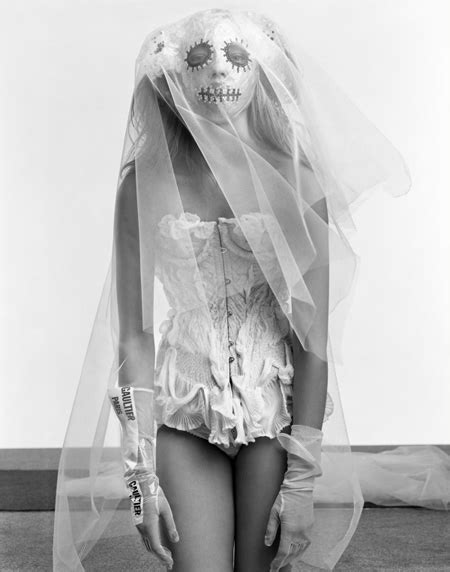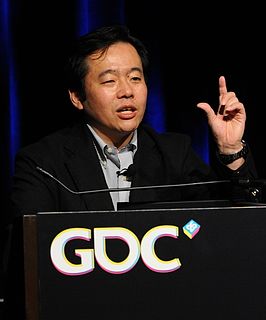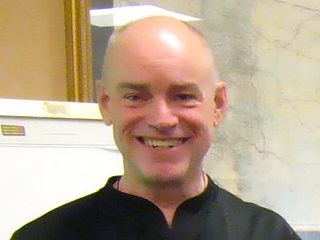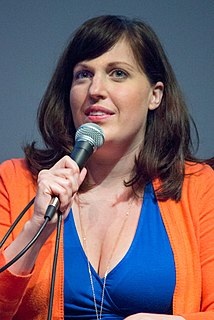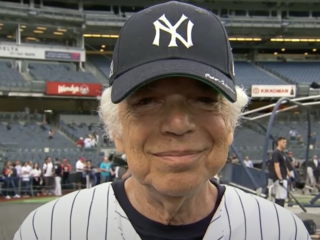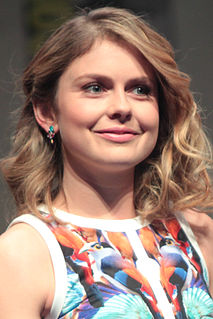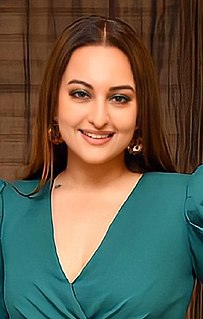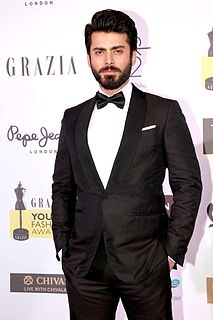A Quote by Craig McDean
The most important thing is that, when you work with somebody, you build a rapport with that person. They have a certain trust in you. You don't have to explain that much. It's very hard when you photograph someone who's a fresh face and then you don't work with them again for six months. All these people I work with over and over again have qualities that I love. There's something very free about them or there are some slight imperfections about them. I think the more you work with someone, the pictures get better and better.
Quote Topics
About
Again
Better
Build
Certain
Explain
Face
Free
Fresh
Get
Get Better
Hard
Imperfections
Important
Important Thing
Love
Months
More
Most
Most Important Thing
Much
Over
People
Person
Photograph
Pictures
Qualities
Rapport
Six
Six Months
Slight
Some
Somebody
Someone
Something
The Most Important
Them
Then
Thing
Think
Trust
Very
Work
Related Quotes
This is the eighth game in the series and when we work on a Mario Kart title, we work on courses and we create them and then we work on them again, and again, and again, and we revise until we come up with something that we think is going to be fun for everyone to play over and over again. So we have a lot of confidence in our ability to do so, but we understand what a tough challenge it is to create those courses.
We aren't defined by our work. People think if you over-identify with your work, then that must mean you're giving over too much of yourself to it, that there's something wrong with that. We're trained to believe in things like work-life balance. So much work is tending towards service. It's very much about creating experiences rather than products, and it makes those boundaries between life and work very slippery.
I think when I was doing my very first interviews, I probably brought a notepad and did ask people my first fifteen questions while sitting in a Starbucks or something horrible like that. And I found that, oftentimes, the most important thing at the very first interview is just establishing a personal connection and developing some sort of rapport so that I can go back to them again, and then maybe again, and maybe again after that.
The thing about theater that always and still kind of makes me edgy is that you work and work and work and work, and then you're just in performance mode, and then you have to just be on; the work is done, and then you just have to do it over and over again, so you're just constantly at that performance level.
I would imagine, a very large percentage of people who get something for art and they do something else, and they have some excess resources. And they trade those resources with artists whose work makes them feel good, or feel better, or question. And the artist, if they're smart, they use it to buy the most expensive thing in the world: time to make more. The more that come, the better it is for these people, their children, the people they care about, fills the society with a real constant thing.
The key to longevity is to keep doing what you do better than anyone else. We work real hard at that. It's about getting your message out to the consumer. It's about getting their trust, but also getting them excited, again and again. My clothes.. the clothes we make for the runway.. aren't concepts. They go into stores. Our stores. Thankfully, we have lots of them.
I can be a fairly hands-on editor, and when I'm editing someone I feel intensely invested in that writer and her work. I love helping to shape a book, and I feel very privileged to get to do that with writers I'm excited about. I think doing that work for the past six years has changed me, and it better prepared me for the questions and suggestions.
But what is work and what is not work? Is it work to dig, to carpenter, to plant trees, to fell trees, to ride, to fish, to hunt, to feed chickens, to play the piano, to take photographs, to build a house, to cook, to sew, to trim hats, to mend motor bicycles? All of these things are work to somebody, and all of them are play to somebody. There are in fact very few activities which cannot be classed either as work or play according as you choose to regard them.
...treasure what it means to do a day's work. It's our one and only chance to do something productive today, and it's certainly not available to someone merely because he is the high bidder. A day's work is your chance to do art, to create a gift, to do something that matters. As your work gets better and your art becomes more important, competition for your gifts will increase and you'll discover that you can be choosier about whom you give them to.
